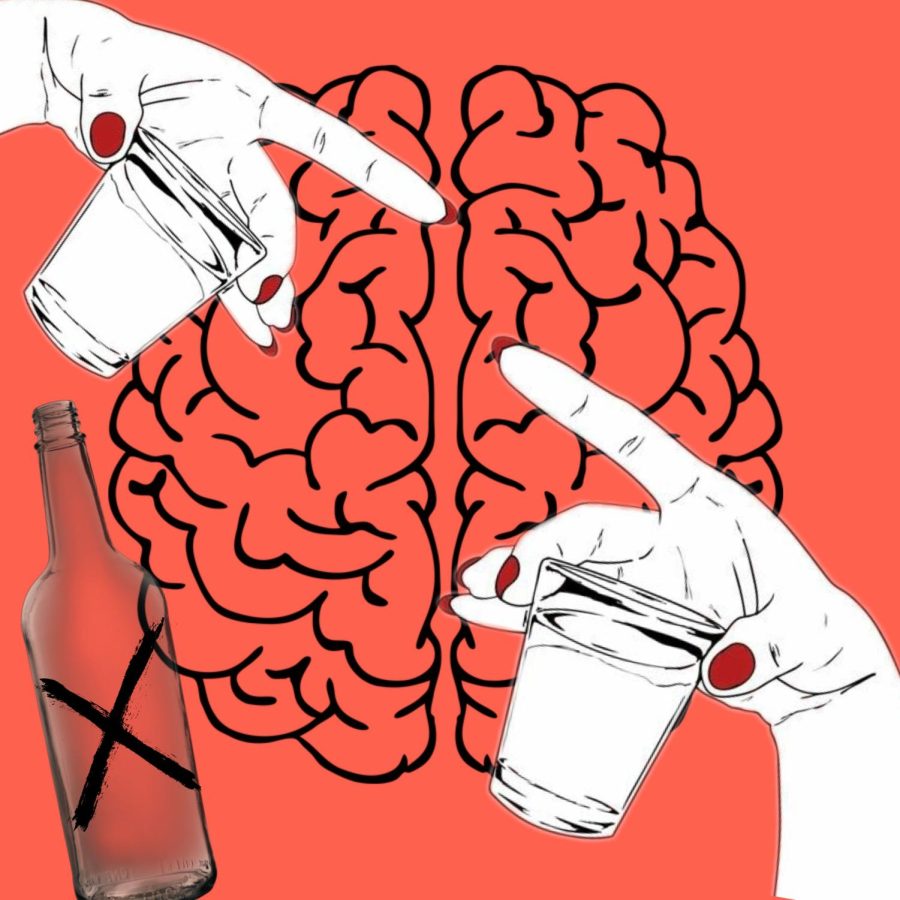How Alcohol Affects the Developing Brain
April 14, 2023
We all know that drinking too much alcohol can harm your health. Excessive alcohol use has led to more than 140,000 deaths and 3.6 million years of potential life lost each year in the United States from 2015-2019, shortening the lives of those who died by an average of 26 years earlier.
Some short-term health risks that are most often the result of binge drinking include vehicle crashes, falls, drownings, and burns. Alcohol poisoning, a medical emergency (etc.), can also be a serious risk. Excessive alcohol use also poses some long-term health risks, such as development of chronic diseases, high blood pressure, heart disease, stroke, liver disease, and digestive problems.
Even with all those risks, people still drink alcohol at parties. Sometimes for fun, or just because it makes them feel good. Is it really worth the harm it causes to your health? Instead of making your problems go away, it can make them worse, as alcohol can cause mental health problems like depression and anxiety.
While alcohol is harmful for everybody, it is strongly advised that teenagers especially do not consume it all. The main reason to avoid alcohol is that as a teen your brain is still developing and won’t stop until you’re around 25 years old, which means that it can cause you more harm than it causes to adults. The earlier a person starts drinking alcohol at harmful levels, the greater the risk of changing the development of the brain. This can lead to problems with memory and learning, and it increases the risk of you developing kidney and liver problems later in life.
Alcohol is a depressant that inhibits the brain’s neurotransmitters, causing the brain itself to slow down. This can result in slurred speech, confusion, poor vision, poor muscle control and judgment, slower reactions, lack of coordination, and sleep disruption. As a teen, this can affect your performance at school by causing low grades. Teens must wake early to go to school, so sleep disruption can cause sleep deprivation.
The two areas that are most affected because of the momentous changes teenagers are undergoing at this time are the hippocampus and the prefrontal lobe. The hippocampus is responsible for memory and learning. Studies of adolescents show that heavy and extended alcohol use is associated with a 10% reduction in the size of the hippocampus. It also shows that the function of the hippocampus is uniquely sensitive to alcohol at this time and that alcohol may be poisonous to the nerve cells of the hippocampus, causing them to be irreversibly damaged or destroyed.
The prefrontal lobe is important for planning, judgment, decision-making, and impulse control and language is the area of the brain that changes the most during the teenage years. Research with heavy drinking adolescents shows that these young people have smaller prefrontal lobes than young people of the same age who do not drink.
The research on what alcohol does to the developing brain is still growing. Most research has shown that it is strongly advised that people under the age of 21 do not drink alcohol, as their brain is still developing. According to the CDC “By not drinking too much, you can reduce the risk of these short and long-term health risks.” While taking a single sip won’t immediately cause these issues, knowing the risks can help you make better decisions.




